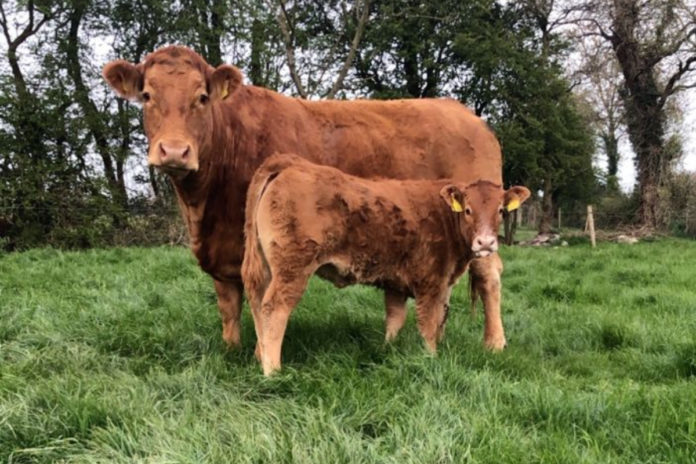Converting to Organics
Profitability, land quality, management/skills, access to markets, scheme supports and producer attitudes are key components to consider before converting to organics.
That is according to Joe Kelleher, Teagasc organic specialist, who is of the view that “it is important that people going into the OFS (Organic Farming Scheme) believe in the true ethos of organics”.
During a webinar on organic farming, which Teagasc Mayo hosted, he explained that producing high-quality organic produce is the primary ethos of this farming practice.
He told viewers of the virtual information session that “there is a perception out there that organic farming is almost a step backwards”.
“The reality is that some of the best farmers out there are organic, and the level of management has increased.”
“It is a lot harder to grow grass without fertiliser than to go down to the co-op and buy a pallet of fertiliser and grow it.”
“The skills and management levels are higher, and it is a rewarding way of farming.”
“I think people should view organic farming as a challenge and a lot of people who go into organics look at it in that way,” he outlined.
Options for organic farmers
He said that assessing market outlets/opportunities is central to success as an organic farmer in Ireland.
Options can take the form of processors, direct sales, other organic farmers and farmer-led organised groups.
Elaborating on the first option, he said that typically in conventional farming in this country, the “default” option is selling your produce – cattle and sheep, for example – to processors.
He outlined that the same “default” option exists for organic farmers – a choice of five dairy co-ops, two main beef plants, and two processing companies (three different sites) for organic lamb.
Kelleher told viewers that typically, payment rates are “going to be somewhere in the region” of a premium above conventional market prices, which could be circa 15%.
Aside from the processing route, direct sales to the consumer could be an option for other organic producers.
Through this route, he told farmers, you could attain a 100% premium on your produce by producing lamb and beef boxes or selling bottled milk through vending machines.
Specialised finishing units
Thirdly, selling to other organic farmers could be an avenue for a suckler farmer who could sell their weanlings to a finishing unit and foster relationships with parties that could maintain this system annually.
He added that there is a need to create the same system in sheep farming with specialised finishing units, possibly in the Midlands and east of the country on tillage-type land, for lambs from mountain-type ewes.
“With this, the aim would be to keep them within the organic system.”
“Unfortunately, a lot of lamb, in particular, is falling out of this system, and it is possible down to that breakage or linkage. That is just a body of work that needs to be done by all of us involved in the organic sector.”
This echoes the words of Kathryn Roche of Irish Country Meats, as per this news article.
“Tillage farmers selling grain to livestock farmers is another great outlet for selling directly to farmers.”
Farmer-led group
Finally, he highlighted that a “huge” opportunity exists on the island for farmer-led organised groups where farmers join forces to form their own co-ops and market their produce collectively under a brand.
In doing so, he provided The Little Milk Company’s success story as what could be an industry-leading example.
“A group of thirteen farmers came together a number of years ago to form their own co-op, and now they are processing their milk into cheese, which is exported to France, Germany and America.”
“It is a huge success, and I think that model can be replicated across other sectors if we can get a group of like-minded farmers together.”
Before making the jump to organics, he urged farmers to talk to organic farmers, familiarise themselves with organic regulations and standards and attend information meetings and farm walk events.
Previous article on organics: 2 key veterinary medicine rules





